‘Light Girls’: Raven Symone, Soledad O’Brien, Wayne Brady, LisaRaye McCoy Talk Complexion in America [VIDEO]
In 2011, director Bill Duke in collaboration with OWN brought one of America’s most prominent conflicts to the forefront; skin tone. In the documentary “DARK GIRLS”, he examined the journeys of dark skinned adolescents and women. Through the voices of both men and women affected by the epidemic there was a discussion of racism, self-hatred, and classism. Celebrities such as actress Viola Davis and actor Michael Colyar participated in the discussion in an attempt to restore the internal confidence and societal value of dark skinned women.
Wanting to answer the question: Do lighter people have better lives? Duke released “Light Girls”. This documentary — which aired last night — explored the world of women with lighter skin complexions and their tumultuous experiences. Throughout the documentary there was an analysis of skin color from a historical, global, social and psychological perspective.
With the help of Iyanla Vanzant, Raven Symone, KeKe Wyaat, Angela Yee, Wayne Brady, Dr. Gabriel Crenshaw, Essence Atkins, Amber Rose, Kym Whitley, Soledad O’Brien, Dallas Austin, Chante’ Moore, and many more the story of “living while light” is presented. Check out a few experts below:
History
Iyanla Vanzant:
One of the things that continue to plague us I believe is this issue of valuing worth being associated with the shade or the color of your skin…and that whole issue of value and worth based on the color of your skin, the texture of your hair, the shape of your features, the straighter the nose, the thinner the lips, makes you more beautiful, more valuable, more worthy. It has been etched and impressed in our DNA.
Wayne Brady:
We have been programmed to think that somehow the differences in our hue are some external gage of our character or things that we walk around inside. Only thing is it’s not the white people that attribute that to us.
Categorization
Kym Whitley:
I was trying to over compensate for not being black enough.
KeKe Wyatt:
Black girls said I wasn’t black enough. White girls said I wasn’t white enough and they didn’t


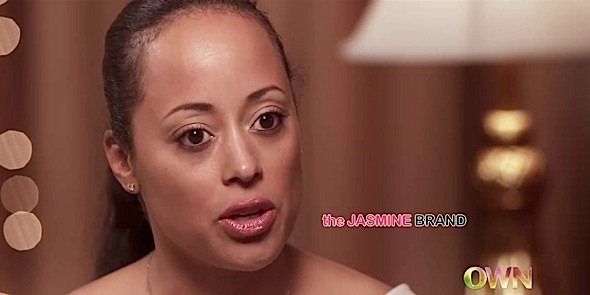
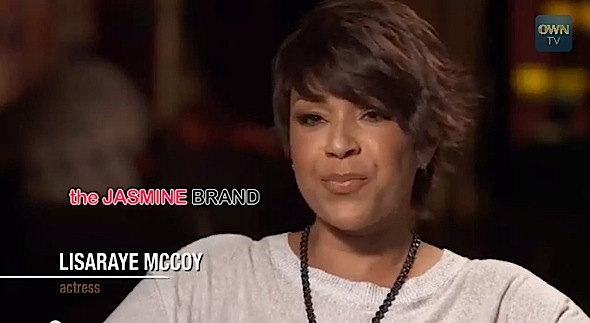


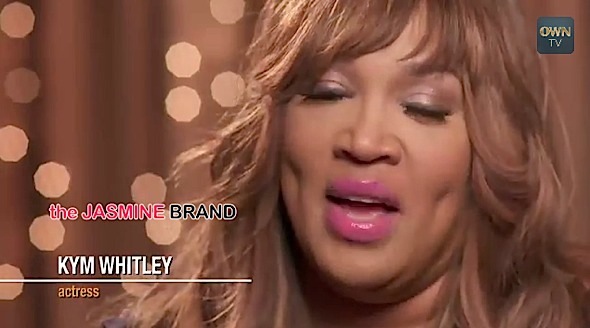
 Previous Article
Previous Article Next Article
Next Article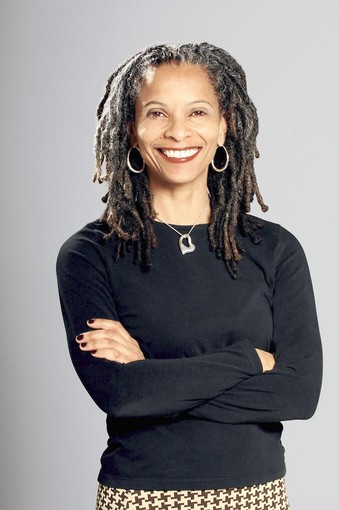 Terry Glover, Ebony Managing Editor, Dies at 57
Terry Glover, Ebony Managing Editor, Dies at 57 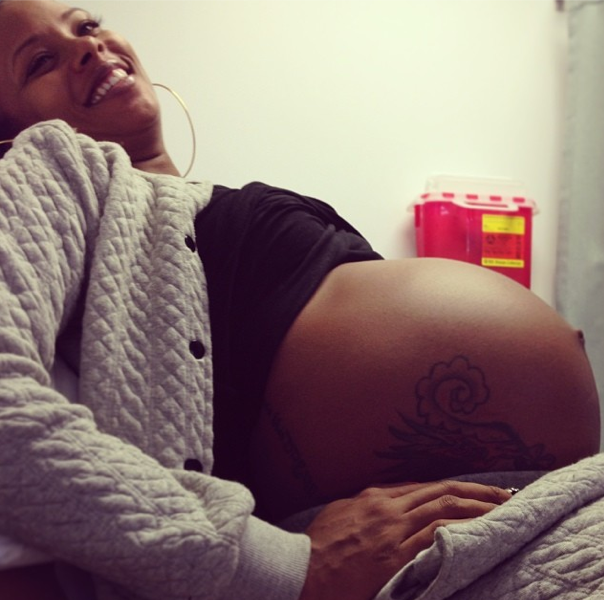 Any Day Now! Eva Marcille & Kevin McCall Prepping To Push Out Their New Baby Girl
Any Day Now! Eva Marcille & Kevin McCall Prepping To Push Out Their New Baby Girl 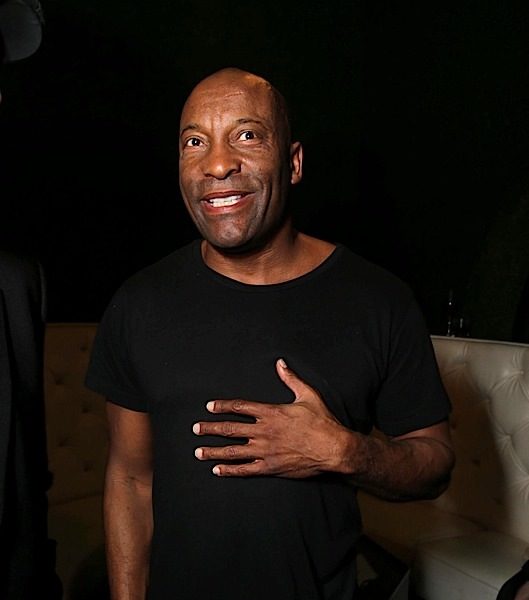 John Singleton’s “Snowfall” Series Picked Up By FX
John Singleton’s “Snowfall” Series Picked Up By FX 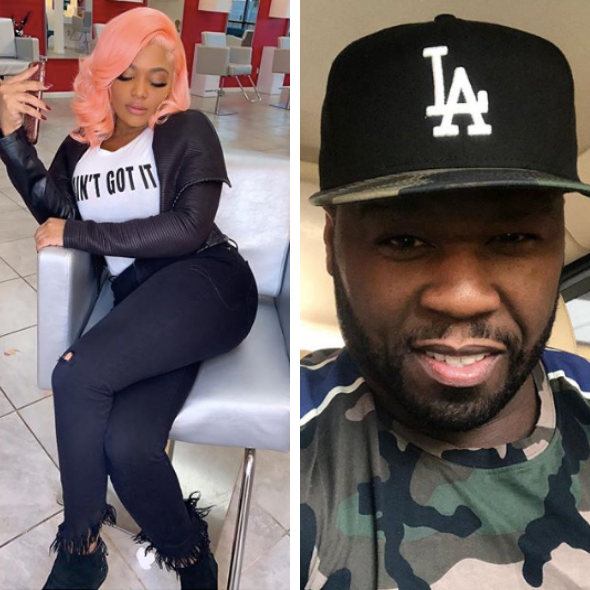 Teairra Mari Wears ‘Ain’t Got It’ Shirt, 50 Cent Responds: That’s A New Wig B*tch
Teairra Mari Wears ‘Ain’t Got It’ Shirt, 50 Cent Responds: That’s A New Wig B*tch ![[Photos] Wale, LeToya Luckett & Friends Celebrate Ludacris ‘Luda Day’ Party](https://thejasminebrand.com/wp-content/uploads/2012/08/luda-day-weekend-vanquish-the-jasmine-brand.jpg) [Photos] Wale, LeToya Luckett & Friends Celebrate Ludacris ‘Luda Day’ Party
[Photos] Wale, LeToya Luckett & Friends Celebrate Ludacris ‘Luda Day’ Party  Remy Ma To Nicki Minaj: Having the most Instagram followers doesn’t make you a Queen.
Remy Ma To Nicki Minaj: Having the most Instagram followers doesn’t make you a Queen. 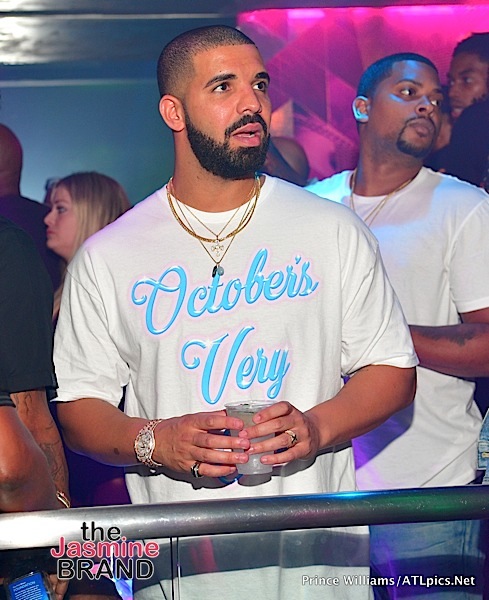 Drake Won’t Win Any Grammys For ‘More Life’ Album
Drake Won’t Win Any Grammys For ‘More Life’ Album 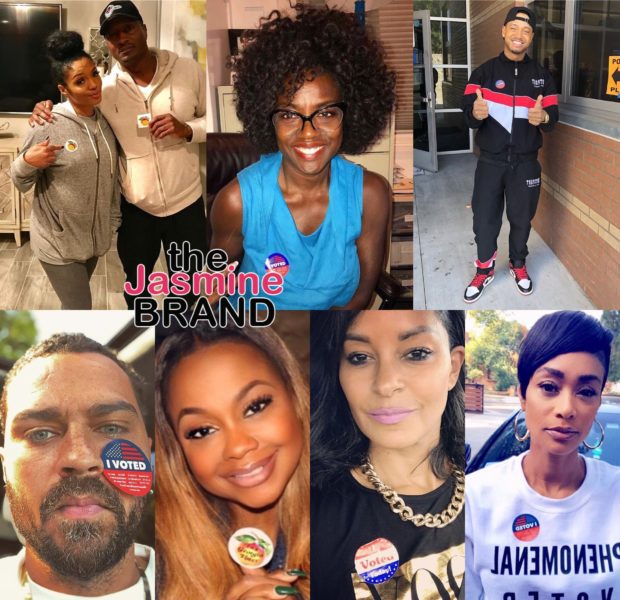 Celebs Spotted At The Polls! Viola Davis, Jesse Williams, Tami Roman, Phaedra Parks, Dave Chappelle, Larenz Tate
Celebs Spotted At The Polls! Viola Davis, Jesse Williams, Tami Roman, Phaedra Parks, Dave Chappelle, Larenz Tate